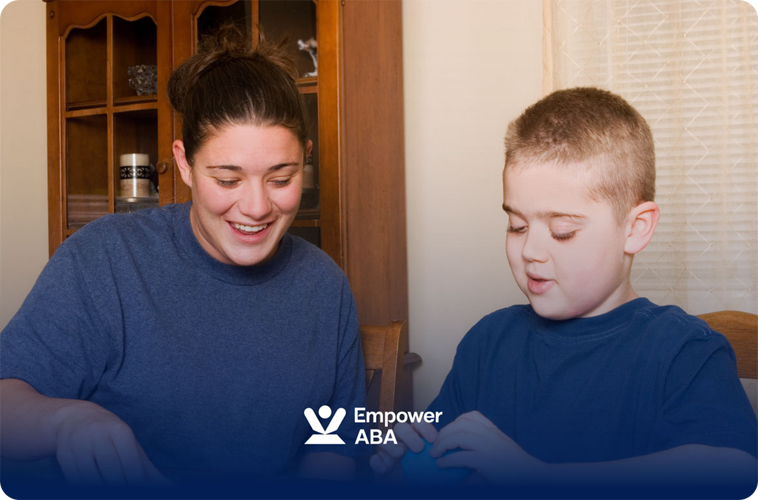As the field of Applied Behavior Analysis (ABA) continues to evolve, so too
does the way services are delivered. One of the most significant shifts in
recent years is the rise of hybrid and remote BCBA (Board Certified Behavior
Analyst) models, which are redefining flexibility, accessibility, and the overall
work-life balance for clinicians and families alike. As an analyst, I have found
that at Empower ABA, my desire to have a balanced, Hybrid model caseload is
met. Empower is a company embracing these modern service models to bring
high-quality ABA therapy into the 21st century.

Traditionally, ABA services have been delivered in-person, often requiring
BCBAs to commute to clinics, homes, or schools. But with the growing demand
for services and the increasing importance of work-life balance, hybrid and
fully remote roles are gaining momentum. In a hybrid model, BCBAs may
conduct assessments or supervision in person but provide ongoing parent
training, team meetings, and progress reviews remotely. The remote model, on
the other hand, allows BCBAs to conduct all services—such as functional
behavior assessments, treatment planning, and staff supervision—virtually,
using secure telehealth platforms.

Companies like Empower ABA are proving that these models don’t just work—
they thrive. By adopting remote and hybrid frameworks, Empower ABA is
expanding access to ABA services for families in underserved or rural areas,
where finding a local BCBA may be difficult. This approach also allows for
more frequent check-ins and quicker responsiveness, as BCBAs are no longer
limited by travel schedules or geographic constraints. For families, it means
greater consistency and flexibility in receiving care. For BCBAs, it offers an
opportunity to better balance their personal and professional lives, avoid
burnout, and continue to provide top-tier service.

Companies like Empower ABA are proving that these models don’t just work—
they thrive. By adopting remote and hybrid frameworks, Empower ABA is
expanding access to ABA services for families in underserved or rural areas,
where finding a local BCBA may be difficult. This approach also allows for
more frequent check-ins and quicker responsiveness, as BCBAs are no longer
limited by travel schedules or geographic constraints. For families, it means
greater consistency and flexibility in receiving care. For BCBAs, it offers an
opportunity to better balance their personal and professional lives, avoid
burnout, and continue to provide top-tier service.


